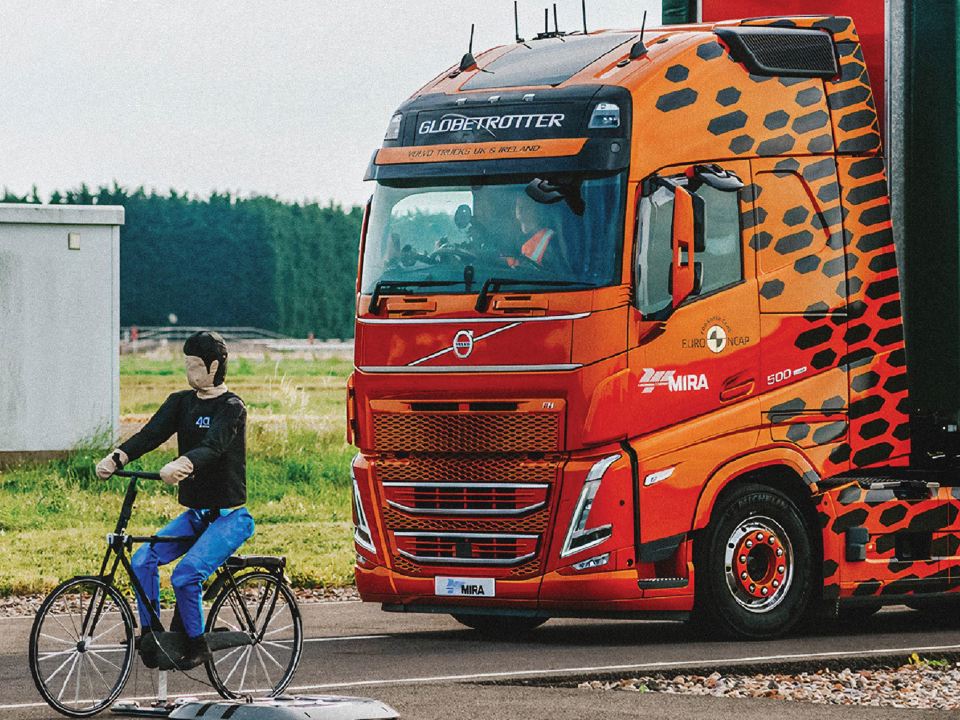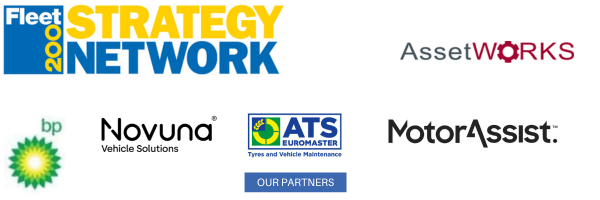Safety continues to be at the top of the agenda for most fleet decision-makers, but how realistic is achieving zero collisions – also known as Vision Zero - and ensuring all drivers return home safely after work each day?
Attendees at the latest Fleet200 Strategy Network meeting, held at the De Vere Wokefield Estate, Reading, discussed the issue during a roundtable debate, in which they touched upon the idea of blame when unsafe driving occurs.
“You’re supposed to talk about ‘collisions’, not accidents,” noted a participant. “If you talk about accidents, it gives the impression that no-one’s at fault, when it’s always somebody’s fault.
“One word that’s not used, and I think should be used far more widely, is ‘competence’, or rather ‘incompetence’. The advice given is ‘don’t drink and drive, wear a seatbelt, don’t speed’, and that’s great, but 90% of accidents are down to bad driving. People are trained to drive and pass the driving test and then never get trained again, it’s totally unacceptable.”
However, individuals at the roundtable had differing perspectives on the prospect of further training. Several had attained advanced driving licences and strongly advocated for further training after becoming a certified driver.
However, concerns were raised as to how effective such training could be on an overall level, given that such training would not be a guarantee from other drivers.
“I’d probably get more frustrated with other drivers on the road. You can’t always anticipate what somebody else is going to do; if you could, there wouldn’t be any incidents on the road.”
Safety continues to be at the top of the agenda for most fleet decision-makers, but how realistic is achieving zero collisions – also known as Vision Zero - and ensuring all drivers return home safely after work each day?
Attendees at the latest Fleet200 Strategy Network meeting, held at the De Vere Wokefield Estate, Reading, discussed the issue during a roundtable debate, in which they touched upon the idea of blame when unsafe driving occurs.
“You’re supposed to talk about ‘collisions’, not accidents,” noted a participant. “If you talk about accidents, it gives the impression that no-one’s at fault, when it’s always somebody’s fault.
“One word that’s not used, and I think should be used far more widely, is ‘competence’, or rather ‘incompetence’. The advice given is ‘don’t drink and drive, wear a seatbelt, don’t speed’, and that’s great, but 90% of accidents are down to bad driving. People are trained to drive and pass the driving test and then never get trained again, it’s totally unacceptable.”
However, individuals at the roundtable had differing perspectives on the prospect of further training. Several had attained advanced driving licences and strongly advocated for further training after becoming a certified driver.
However, concerns were raised as to how effective such training could be on an overall level, given that such training would not be a guarantee from other drivers.
“I’d probably get more frustrated with other drivers on the road. You can’t always anticipate what somebody else is going to do; if you could, there wouldn’t be any incidents on the road.”
The conversation touched on the need for a greater level of enforcement on the road, with participants sharing examples of encounters they have had with unsafe individuals – from individuals on the road while inhaling gas, to seeing a driver with a child on their lap – and the difficulties of reporting such incidents.
Mental wellbeing was discussed in the context of driver safety. "Obviously, mental health can have a big impact, whether you're using vehicles at all."
However, some speakers maintained that the act of driving carries minimal impact on a driver's mental wellbeing, whereas their engagement with a job or individual situations are far more likely to have tangible effects.
The discussion turned to how to best prepare drivers for an incident, and skills that could prove useful in the moment.
"It all comes down to training, doesn't it?," noted one participant. "They need to have the training to know how to report it, who to report it to, what to do after, and how to react in the moment if somebody is injured. Because, if somebody's injured and there's another party there, it's like: 'What do I do?' Phone the emergency services. It sounds so simple, but people very often go blank and have no idea what to do."
Login to continue reading.
This article is premium content. To view, please register for free or sign in to read it.

















Login to comment
Comments
No comments have been made yet.